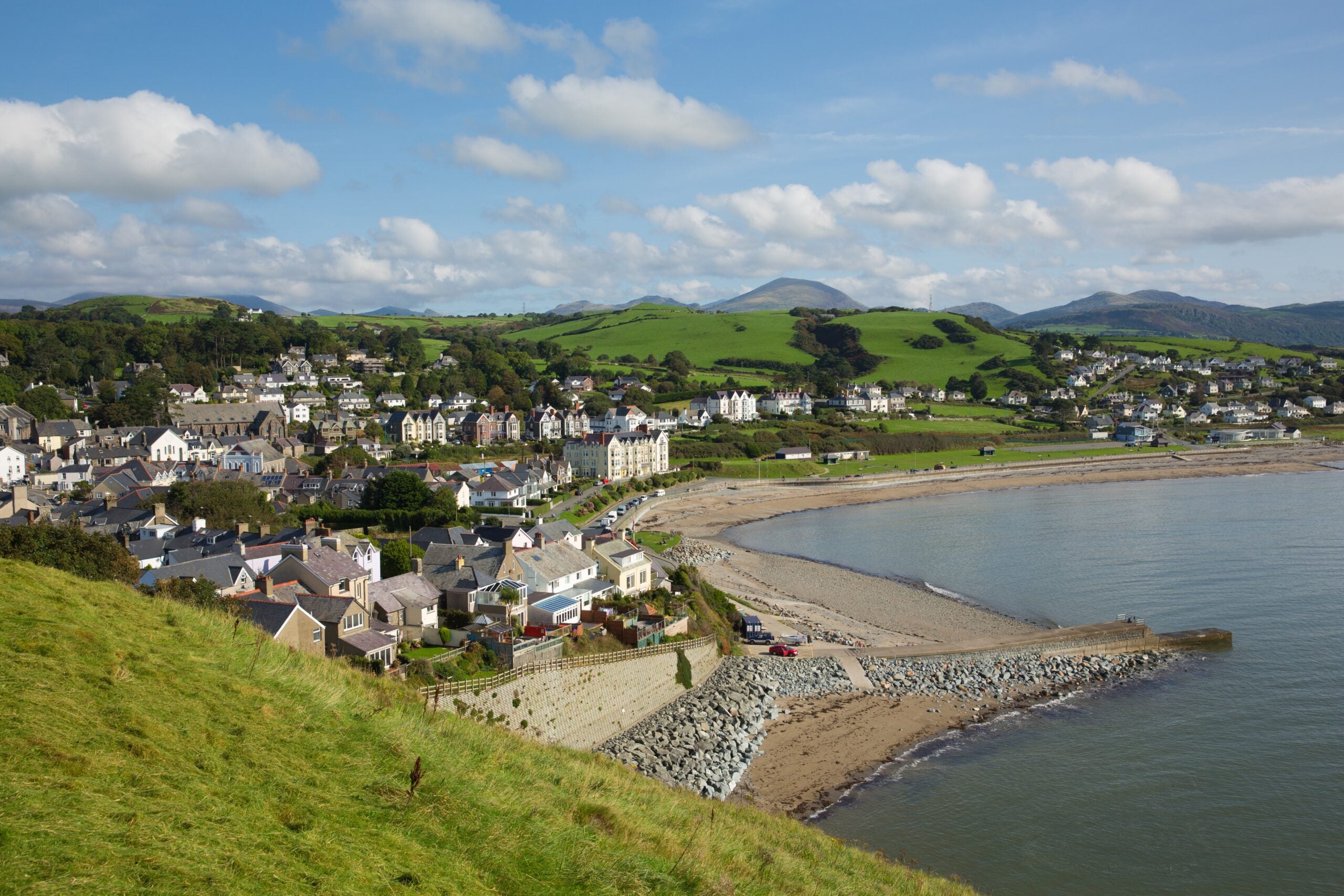Angry & disappointed: From coast to city, UK is united against destructive fishing in marine sanctuaries

Estimated reading time: 3 minutes
Eight in ten adults in the UK (81%) feel that bottom-trawl fishing – which involves dragging heavy metal gear and nets across seafloor habitats – should be banned in marine protected areas (MPAs), according to new polling. In coastal constituencies, this verdict is just as strong: 80% of respondents were against allowing this damaging practice in areas designed to protect and restore ocean health.
Bottom-trawl nets can be as large as a football field and weigh several tonnes, and the practice can decimate UK habitats vital for marine health, such as reefs, kelp forests and seagrass meadows. It also has an extremely high rate of bycatch – indiscriminately scooping up untargeted wildlife. Despite this, it is permitted in almost all of the UK’s MPAs, even many of those designated specifically to protect rare and important seabed species.
The overwhelming majority in favour of banning bottom trawling in MPAs was shown in a sample of 2,111 UK adults, for polling commissioned by the charity Oceana UK, 566 of whom lived in coastal constituencies.
Although the strength of feeling about the issue was high, awareness was initially low. Nearly two-thirds (64%) of those asked thought that bottom trawling was already banned in MPAs, a figure that was very similar in the subset of coastal constituencies (66%).
angry & disappointed
Coastal people reported feeling ‘Angry’ (23%) and ‘Disappointed’ (42%) about the fact that this harmful practice is still permitted in most marine havens, closely reflecting the result across the whole sample (23% and 41%, respectively).
“The strength of feeling across the UK public is clear: Destructive bottom trawling has no place in our marine ‘protected’ areas. Whether we live by the coast or in a city, we are united against the bulldozing of our marine havens. The UK is an ocean nation and our waters have provided prosperity, food, a stable climate and a deep connection to nature for millennia. As a nation, we must honour our commitment to protect and restore 30% of our seas by 2030. The absolute minimum we can do is give real protection to our so-called protected areas. ”
Hugo Tagholm, Executive Director of Oceana UK
Last year, UK offshore MPAs were subjected to over 33,000 hours of suspected bottom trawling, according to analysis of satellite tracks by Oceana published earlier this year. This adds up to nearly four years of continuous trawling.
The benefits of banning bottom trawling are extensive. In Lyme Bay, in the southwest of England, bottom trawling was banned after extensive collaboration local fishers, scientists, regulators, and environmental groups in 2008. In just over a decade after the ban, commercially caught fish species increased in abundance by 370% and the richness of the species mix by 430%, the researchers found.
As well as ocean health and resilience, the climate benefits of restricting this emissions-intensive practice are significant. Bottom trawling uses large amounts of fossil fuels, and this pollution is in addition to the potential CO2 emissions caused by the disturbance and release of carbon stored in the seabed.
For instance, an MPA off the coast of Cornwall, known as Southwest Deeps (East), was identified by Oceana as the second-most trawled MPA in the UK. As well as boasting wildlife such as cuckoo rays and the fan mussel, one of Britain’s largest and most threatened molluscs, this site stores an estimated 1.67 megatonnes of carbon.
NOTES FOR EDITORS
- All figures, unless otherwise stated, are from YouGov Plc. The survey was carried out online between 23rd-24th May 2024. The total sample size was 2111 adults. The figures have been weighted and are representative of all UK adults (aged 18+). A custom cross break was added to allow us to understand the views of residents of coastal constituencies (defined as any constituency containing coastline, using 2024 boundaries) relative to the population as a whole. The sample size for this subgroup was 566. See the full data here and additonal data on nature protection.
